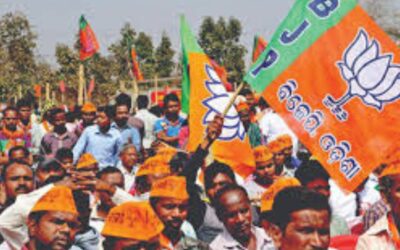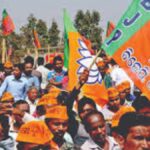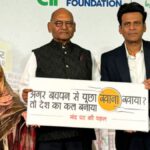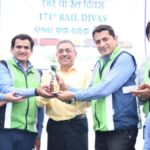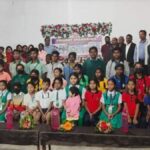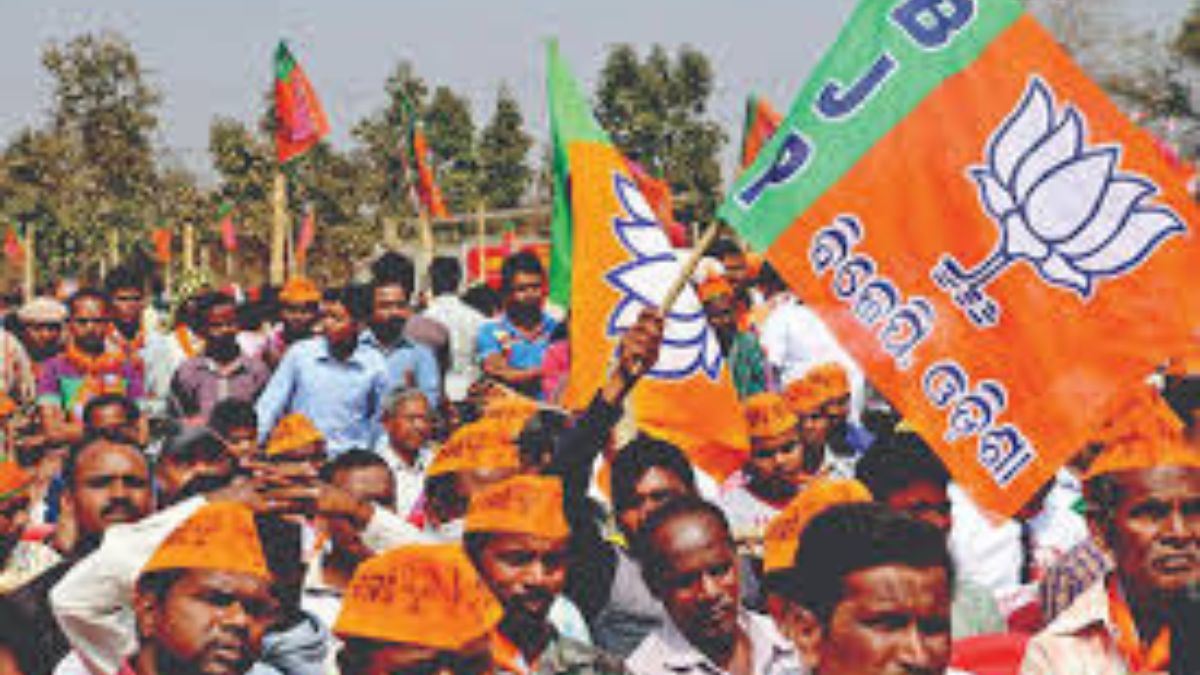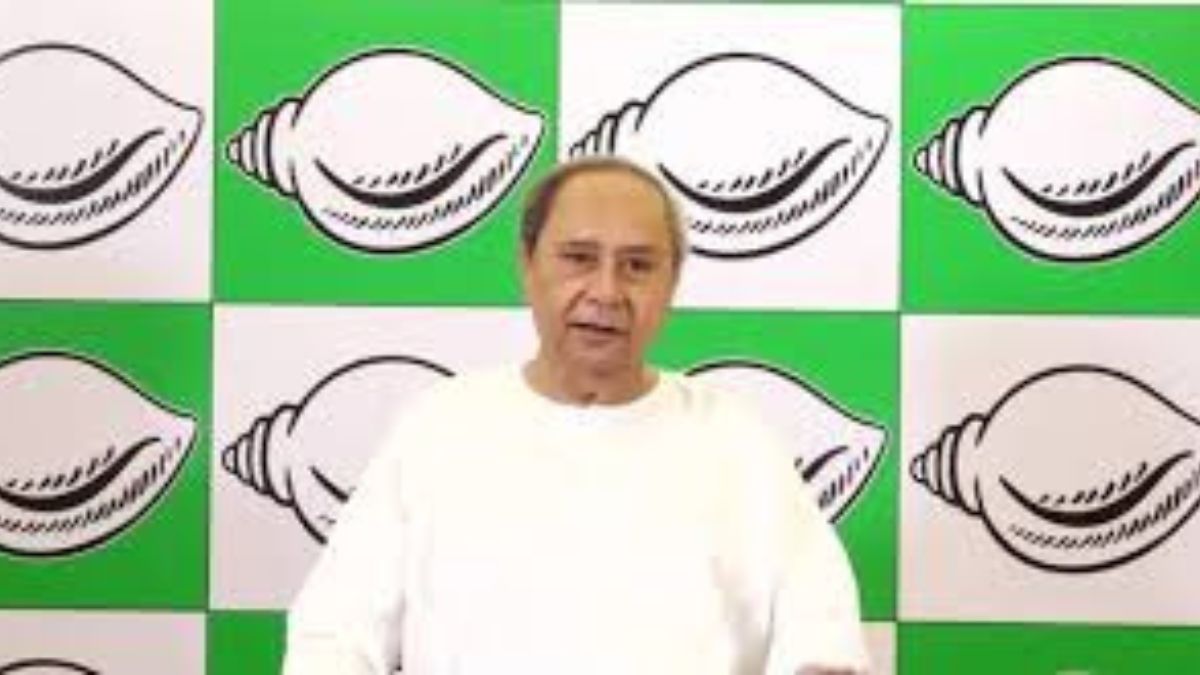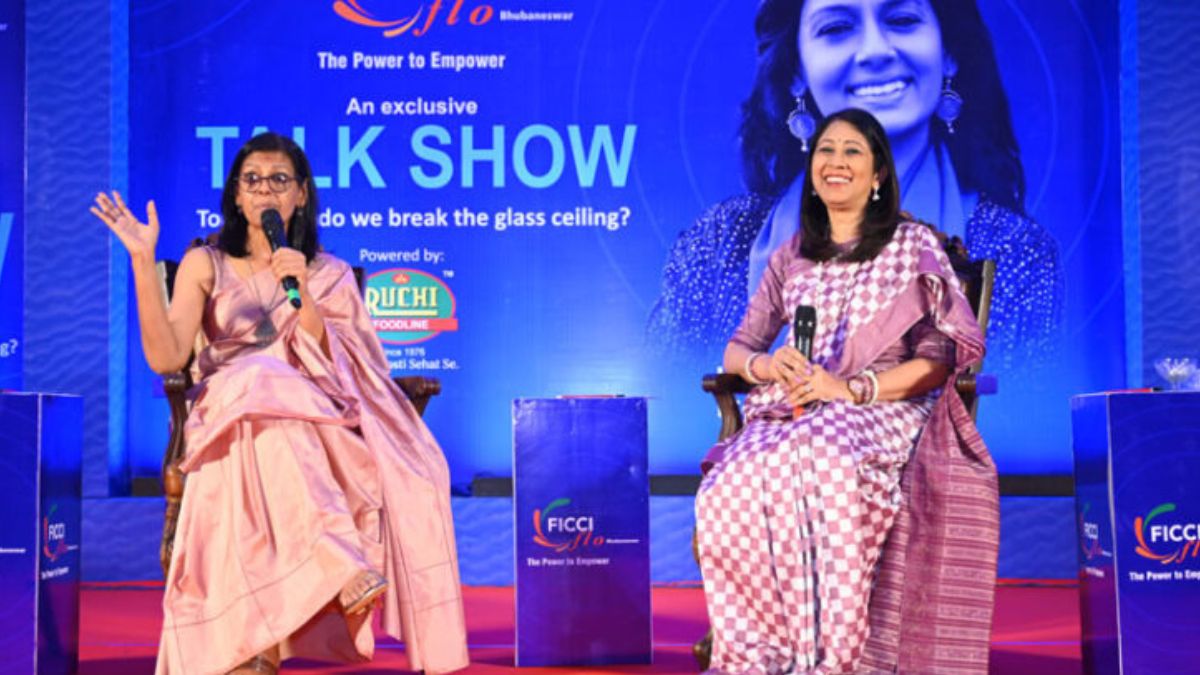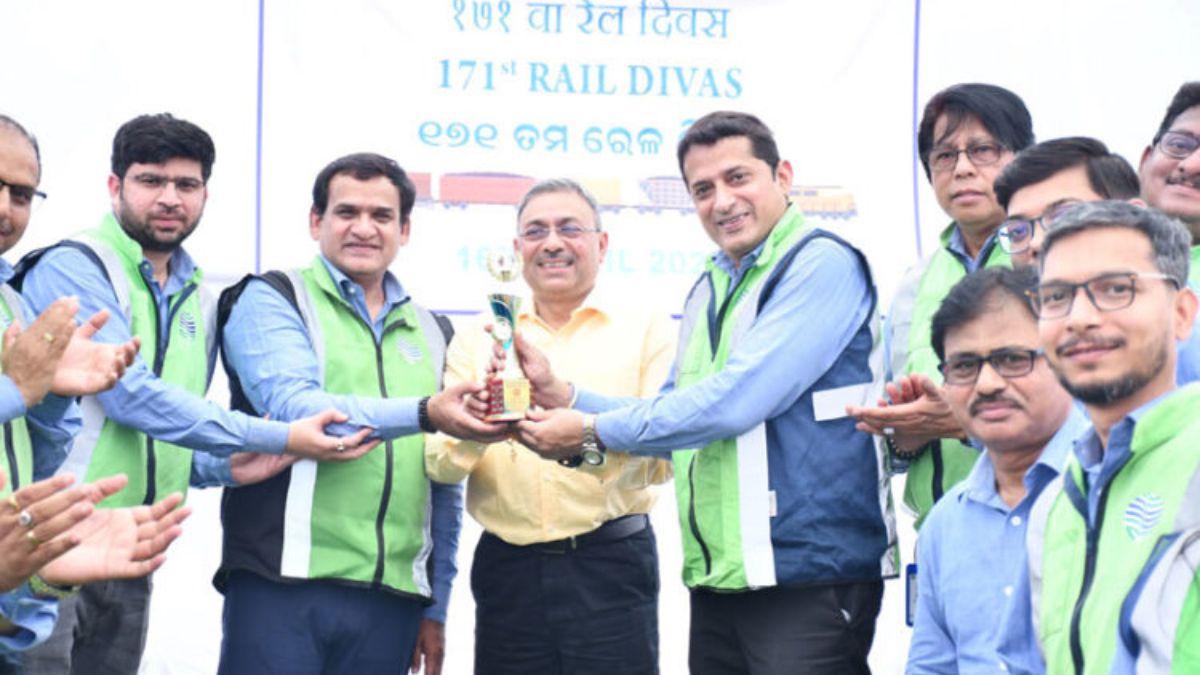Need to find a lasting solution to problems faced in agriculture: OUAT VC
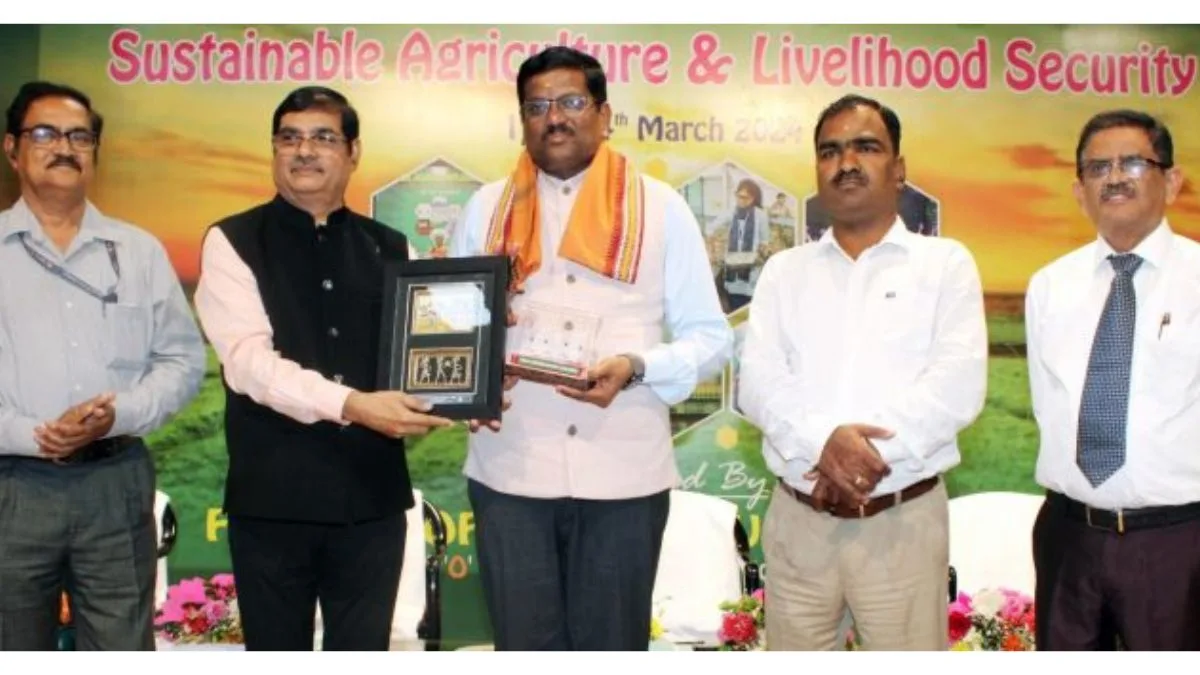
Bhubaneswar: Professor Pravat Kumar Roul, Vice-Chancellor of Odisha University of Agriculture and Technology (OUAT), urged a reflective stance on agriculture’s diminishing returns and advocated for revitalizing the farm sector to address the persistent agrarian issues. Speaking at the inaugural session of the three-day ‘SOA Agri-Confluence’ held at the Institute of Agricultural Sciences (IAS), as part of Siksha ‘O’ Anusandhan (SOA), Prof. Roul emphasized the detrimental effects of pursuing agriculture solely for immediate gains. He highlighted the long-term damage to soil health, depletion of groundwater, and deterioration of air quality as consequences of this approach.
The event, themed ‘Sustainable Agriculture and Livelihood Security,’ drew a significant attendance of farmers from neighboring districts. Prof. Roul underscored the necessity for agricultural diversification to ensure livelihood security, stressing that while no single industry could guarantee employment for all, agriculture held promise in this regard.
Reflecting on the interdependence of agriculture with soil, water, air, and the environment, Prof. Roul lamented the quantitative and qualitative losses suffered over the years. He noted the impact of climate change, resulting in a reduction in Odisha’s annual rainfall. The program saw the participation of various dignitaries, including SOA Vice-Chancellor Prof. Pradipta Kumar Nanda, Dean of IAS Prof. Santosh Kumar Rout, and others.
Prof. Nanda reiterated SOA’s commitment to research aimed at societal benefit, highlighting the university’s multidisciplinary approach and robust infrastructure. Prof. Rout outlined IAS’s vision to chart a sustainable agriculture roadmap for Odisha, focusing on livelihood security.
The event featured panel discussions, poster presentations, interactive sessions between farmers and experts, agricultural exhibitions, startup meetings, and technology demonstrations. Additionally, various competitions and activities were organized for student participants from different institutions, including debates, agricultural quizzes, and creative contests.

